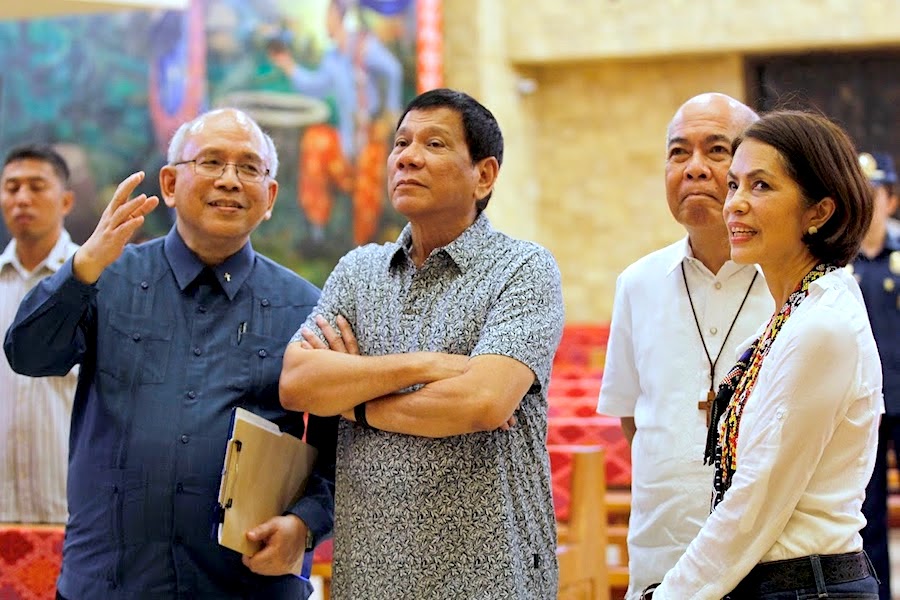Philippines’ Duterte lifts suspension on gold miner Lepanto

Philippine President Rodrigo Duterte has lifted an eight-month suspension order on gold miner Lepanto Consolidated Mining Co, among more than two dozen companies ordered halted by a sacked minister who led an environmental crackdown.
Lepanto, which also mines copper and silver, was among 26 miners ordered closed or suspended by former Environment Secretary Regina Lopez in February.
Lepanto filed its appeal shortly after with Duterte’s office, which held off carrying out the order and allowed the miner to continue its operations. Lifting of the suspension removes the threat of a halt in future.
A government audit team last year found Lepanto’s mine in northern Benguet province “has unregistered treatment, storage and disposal facility for the detoxification process for the mill tailings.”
Citing a decision from Duterte’s office on Oct. 12, Lepanto said it was given six months to implement mitigating measures and to pay a fine of 127,275 Philippine pesos ($2,482), the miner told the stock exchange on Monday.
“Lepanto is considering its options vis-a-vis the decision,” it said.
Apart from those that sought a reprieve from Duterte’s office, miners that were ordered to halt operations filed appeals with the Department of Environment and Natural Resources.
Lopez was replaced by Roy Cimatu, a former soldier whose appointment was confirmed by lawmakers on Oct. 4. Cimatu has yet to decide on the appeals.
“The drafts are finished but the Secretary is still considering them. He created a study group,” Environment Undersecretary Maria Paz Luna told Reuters by phone.
Mining is a contentious issue in largely underexplored Philippines, the world’s top nickel ore supplier, following past examples of environmental mismanagement. In 1996, a tailings leak at Canadian-owned Marcopper Mining Corp’s copper mine in Marinduque contaminated rivers.
The sector contributes less than 1 percent to the economy, with only 3 percent of the 9 million hectares identified by the state as having high mineral reserves being mined, according to government data.
($1 = 51.2700 Philippine pesos) (Reporting by Manolo Serapio Jr.; Editing by Sonali Paul)
More News
{{ commodity.name }}
{{ post.title }}
{{ post.date }}




Comments